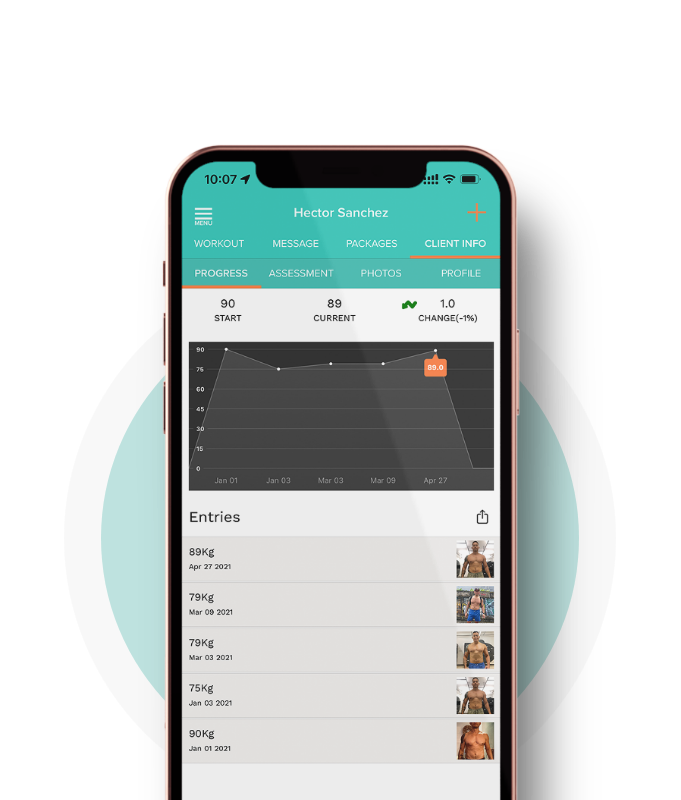Opening Your Own Gym? Here's What Personal Trainers Need to Know
Starting a personal training business can be a rewarding and fulfilling career choice, but it also requires a lot of hard work, dedication, and knowledge. As a personal trainer, you will be responsible for helping people achieve their fitness goals, improving their overall health and well-being, and providing guidance and support. In order to be successful in this field, it's important to have a strong foundation of knowledge about the industry, business, and your clients.
Understand the market and demographics
It's important to understand who your target market is and what their needs and preferences are. Are you targeting athletes, seniors, busy professionals, or families? Will your gym be located in a densely populated area, or a more rural location? Understanding the demographics of your target market will help you tailor your services and marketing efforts to better serve your clients.
Know your competition
It's important to research the competition in your area and understand what they offer and how they differ from your business. This will help you differentiate your business and find ways to stand out in the market.
Develop a business plan
A solid business plan is essential for any business, and it's especially important for a personal training business. Your business plan should outline your goals, target market, services offered, pricing, marketing strategies, and financial projections. It's also important to consider how you will manage and track your finances, including budgeting, billing, and record-keeping.
Obtain the necessary certifications and licenses
In order to legally operate as a personal trainer, you will need to obtain the appropriate certifications and licenses. This typically includes becoming certified through a reputable organization such as the National Academy of Sports Medicine (NASM) or the American Council on Exercise (ACE). You may also need to obtain a business license, depending on your location.
Learn about the legal and insurance aspects of the business
It's important to understand the legal and insurance considerations involved in operating a personal training business. This includes things like contracts, liability insurance, and employee policies. Working with a lawyer and insurance professional can help you navigate these complex issues and protect your business. The Small Business Administration (SBA) and the American Bar Association (ABA) can be useful resources for information on business law and contracts, while the American Insurance Association (AIA) can provide guidance on insurance options for small businesses.
Understand the importance of marketing and branding
Marketing and branding are crucial for any business, and a personal training business is no exception. You will need to develop a marketing plan that includes strategies for attracting and retaining clients, such as social media, email marketing, and word-of-mouth referrals. Your branding should reflect your business's values, personality, and unique selling points, and should be consistent across all marketing channels.
Know how to manage and motivate clients
As a personal trainer, your primary role is to motivate and support your clients as they work towards their fitness goals. This includes setting realistic goals, providing personalized workouts, and offering guidance and support. It's also important to manage your clients effectively, including scheduling sessions, tracking progress, and adapting workouts as needed.
Stay current on industry trends and best practices
The fitness industry is constantly evolving, and it's important to stay current on the latest trends and best practices. This includes staying up-to-date on the latest research and techniques, attending industry conferences and events, and continuing your education through professional development courses and certifications.
Build a strong network
Networking is an important part of any business, and it can be especially helpful in the personal training industry. Building relationships with other professionals, such as nutritionists, physical therapists, and doctors, can help you provide a more comprehensive service to your clients. Networking can also help you stay connected to the industry, find new clients, and get referrals.
Be passionate and dedicated
Starting and running a personal training business requires a lot of hard work and dedication. You will need to be passionate about helping people achieve their fitness goals and be willing to put in the time and effort to succeed. This includes being willing to work long hours, continuously learn and improve your skills, and be flexible and adaptable as your business grows and changes.
The Training Notebook Founder
Hector Sanchez




